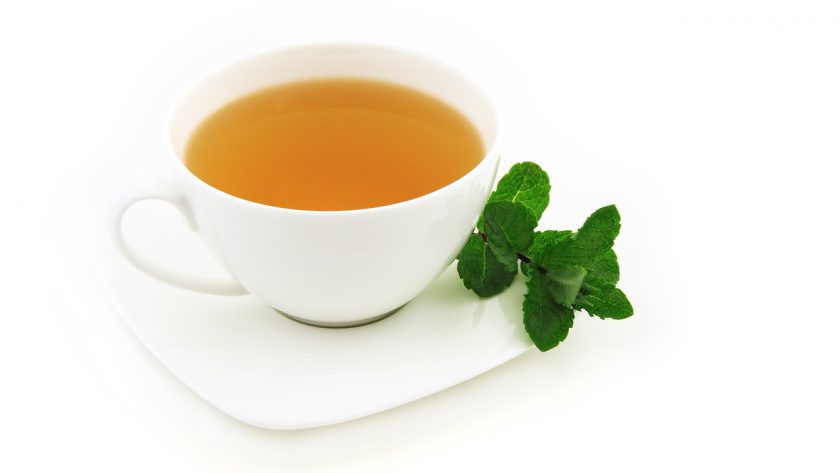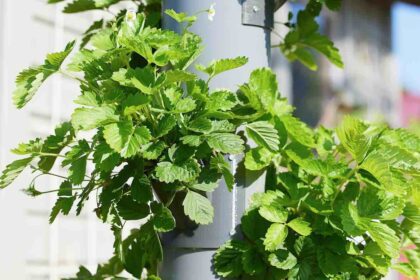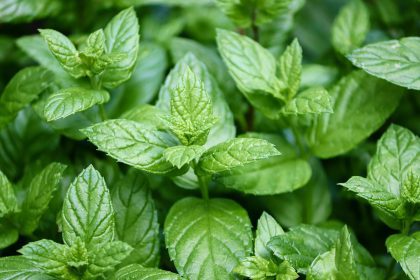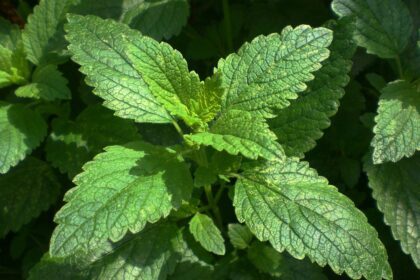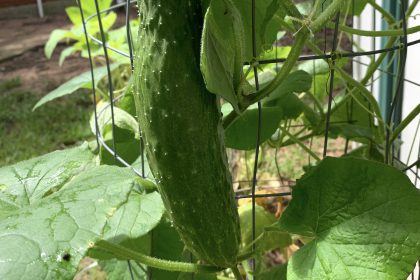Peppermint plants have a wide range of uses, including culinary, medicinal, and aromatic purposes.
Here are some common uses for fresh peppermint plants:
- Culinary uses: Peppermint leaves have a refreshing and cooling flavor, which makes them a popular addition to various culinary creations. You can use fresh or dried peppermint leaves to make herbal teas, flavor beverages like iced tea or lemonade, and add a minty twist to desserts, chocolates, or cocktails.
- Medicinal properties: Peppermint has long been used for its medicinal properties. It contains menthol, which provides a cooling sensation and has soothing effects. Peppermint tea or infusions are often used to help relieve digestive issues such as indigestion, bloating, and stomach discomfort. Peppermint oil can be used topically to soothe headaches, muscle pain, and itching.
- Aromatherapy: The strong and invigorating scent of peppermint is widely used in aromatherapy. Peppermint essential oil is known for its stimulating and energizing properties, promoting mental clarity and alertness. It can be diffused, inhaled directly, or added to bath products for a refreshing and uplifting experience.
- Natural pest repellent: Peppermint plants emit a strong aroma that repels many pests, including ants, mosquitoes, and mice. Placing peppermint plants or using peppermint oil in a natural pest-repellent spray can help keep these unwanted critters away from your home and garden.
- Freshening breath: Chewing on fresh peppermint leaves or using peppermint-flavored products like chewing gum or mints can help freshen your breath and provide a pleasant, minty taste.
- Herbal remedies: Peppermint is often used as an ingredient in herbal remedies and natural health products. It is found in various forms, including capsules, tinctures, and ointments, for treating common ailments such as headaches, sinus congestion, and mild respiratory issues.
These are just a few examples of the many uses of peppermint plants. It’s important to note that if you are considering using peppermint for medicinal purposes, it’s recommended to consult with a healthcare professional or herbalist to ensure it is safe and appropriate for your specific needs.
